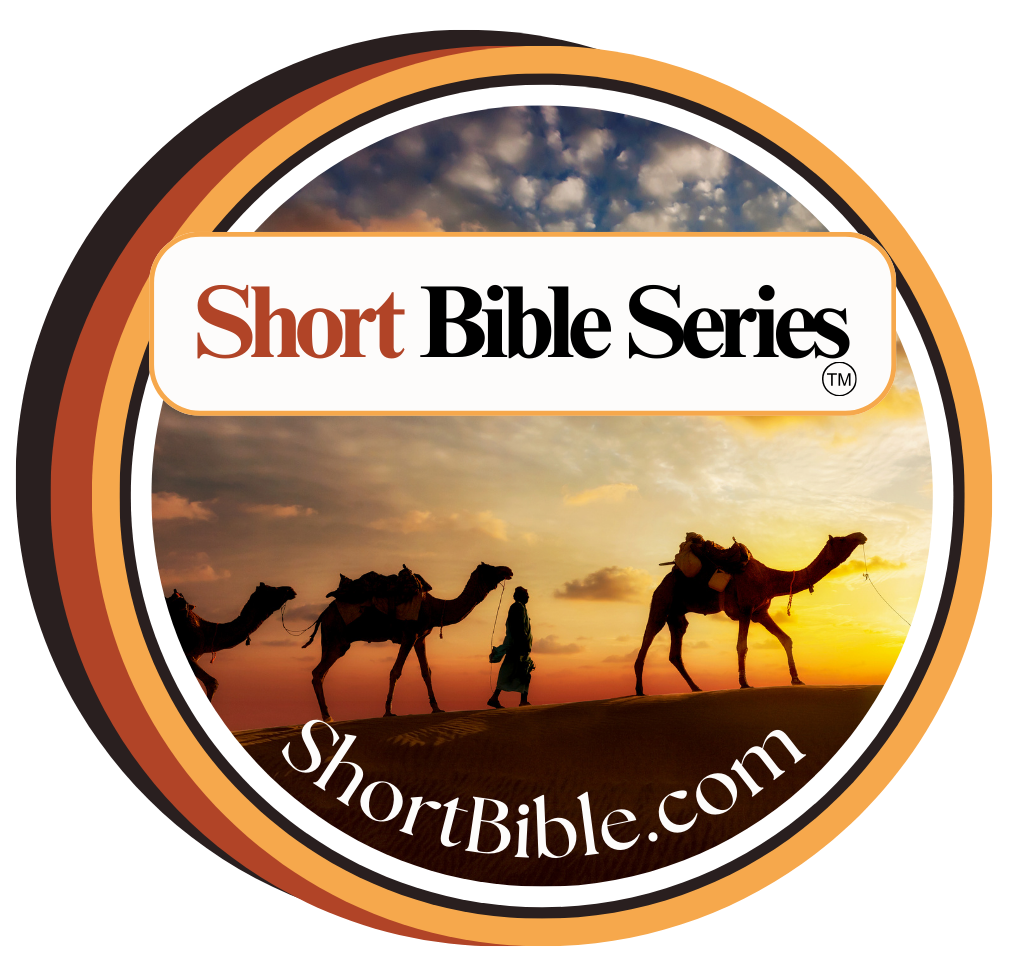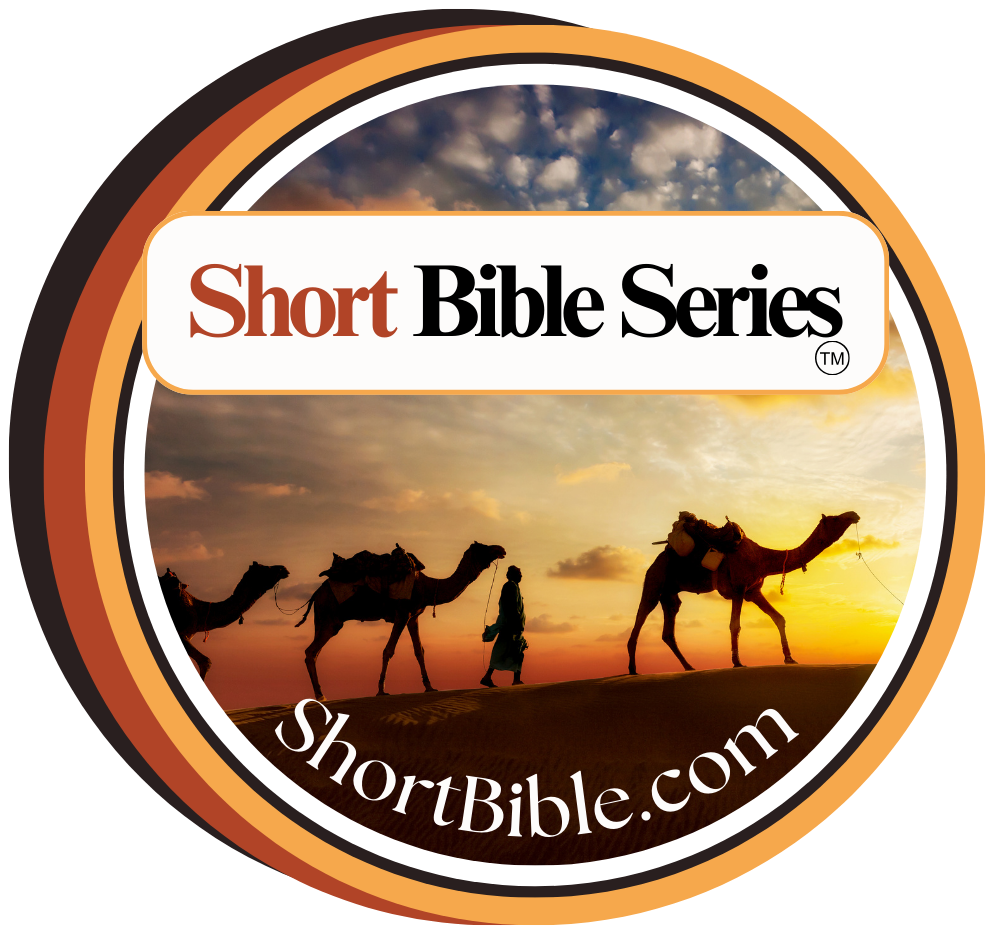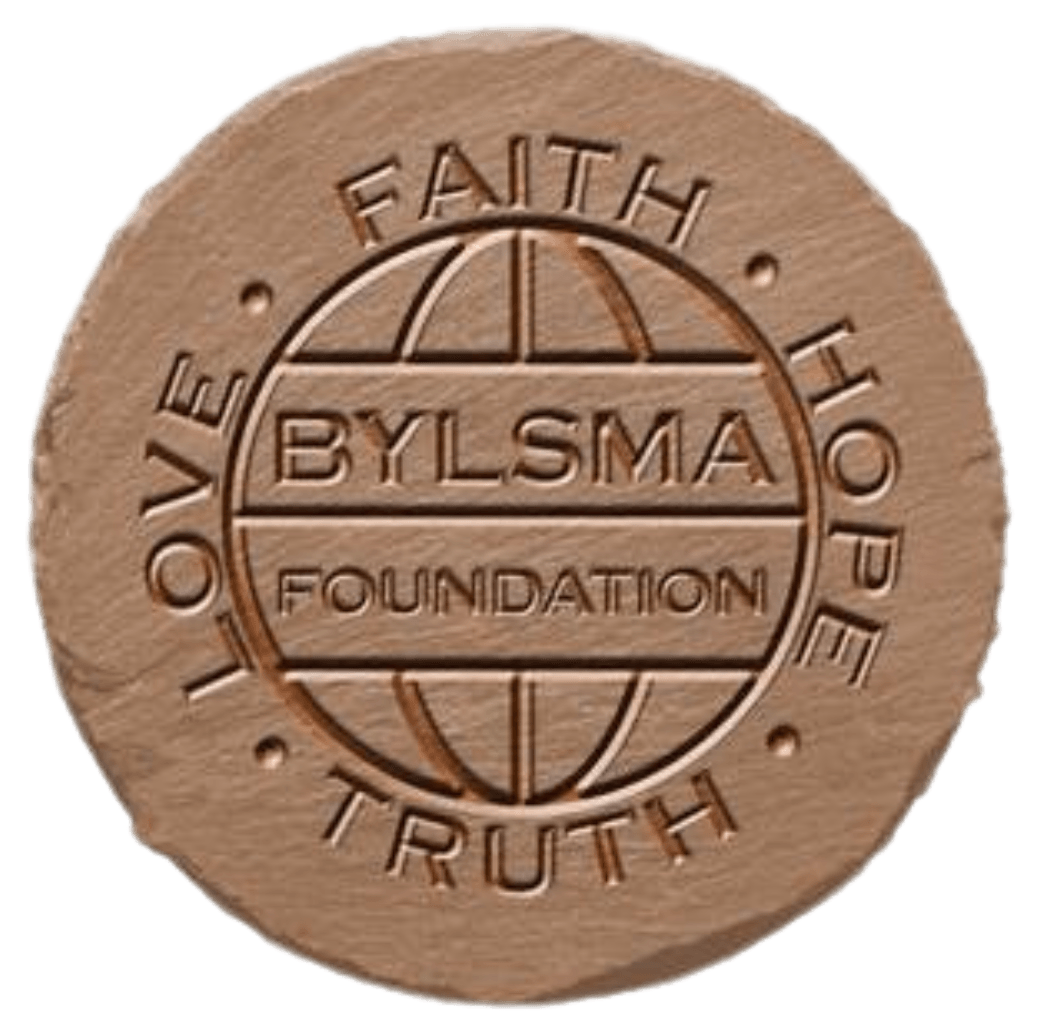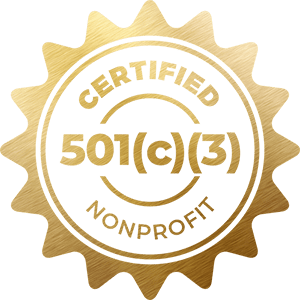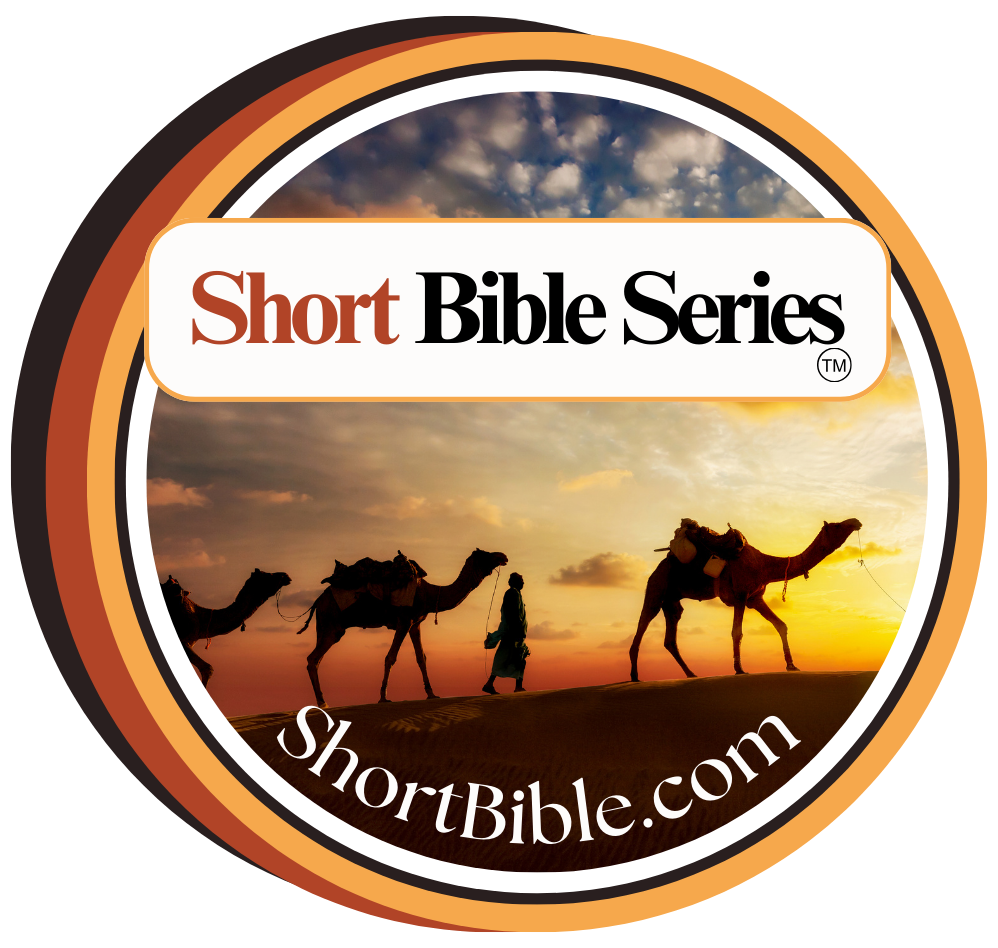Bylsma’s Bible Blogs
#2 How I Wrote The Short Bible

Before writing a book, one first needs to understand its main purpose and major themes. A good story has a beginning, a plot and subplots that build on each other, major and minor characters, conflicts and drama, and a clear ending. These all had to be presented in the right order to create a cohesive and logical story. The book also needs the right amount of detail—not too much and not too little.
A summary needs to be accurate and true to the complete works. Many others were much more qualified than I was to write a summary. Some can read the original texts in Hebrew and Greek, and many have devoted their entire careers to conveying its teaching to others. I wondered if I would omit an essential story or theme and if I would be able to capture the events accurately. As a confident optimist, I decided to try summarizing the first book (Genesis) and see how the writing process would unfold. I knew I could stop at any time if it became obvious it would be too difficult or time-consuming.
I first sought input from others about the major themes. My father had been in Christian ministry for 65 years, and I talked to him for several hours about what he thought were its main messages. I talked with people from my church about what they thought were the Bible’s essential themes. Using their input, I created a list of main themes that I would use to focus my summary. Then I surrounded myself with my college textbooks and various commentaries and study Bibles that I had collected over the years to begin the writing process.
I soon faced a number of challenges.
- I had to decide how to handle accounts for which there were no possible eyewitness accounts but that described events as if the author was present. In some cases, the accounts were not meant to be taken literally. The seven days of creation is an example.
- Some famous events were described very briefly and were somewhat peripheral to the main messages (e.g., the Tower of Babel). What should I do with these passages?
- Key details were missing from some of the stories. For example, Abram lived in Ur, but where was it and how far did he travel on his way to Canaan? Those who lived 3,000 years ago in that area knew the answer, but today’s readers don’t know these details. I felt the reader needed to understand the geography and context of the stories, especially when the places mentioned no longer exist or use different names in modern times.
- I found conflicting accounts about the same event, and I had to find a way to describe an event accurately. For example, two different descriptions were given about how Judas Iscariot died. (I decided to write that he committed suicide; how it occurred was not a crucial detail.) The gospels also have different accounts of Jesus’s encounter with a demon-possessed man in the Gerasene region: was it one man or were there two men?
After writing a few chapters, I invited others to read the draft to get their reaction. I wanted to know if I was on the right track, if my writing was clear and logically sequenced as well as accurate and easy to read, and if I had left out anything that was important. This made the writing process iterative in nature as I added and changed words and explained the context to add important details to the narrative.
The only resistance I experienced was something that proved to me that I was doing something good. As I researched and wrote, I was often distracted by what I believe were evil forces that seemed determined to slow my progress. My computer would periodically crash or act strangely. My mouse would move around randomly to other areas of the page, even after I changed its battery. All types of distractions would take my attention away from my work. Later, the processes for completing the book with the publisher included many unusual delays and miscommunications. But I felt God’s encouragement and protection as I wrote. In fact, my state of mind was like a continual prayer as good ideas entered my mind about what I should include or change as I quietly meditated alone while performing routine chores. I became convinced that this book was going to be very important because it was God’s book, not mine.
As I summarized the entire Bible, I had to decide what to include and what to exclude. Some parts are totally excluded because they are redundant or are peripheral to the main themes, and some parts are replicated entirely as they were written because they contribute to our understanding of the main themes. In order to make the events and ideas clear, the story does not always follow the sequence in which they are revealed in the original documents, and nearly all the quoted sections are paraphrased or shortened. I also augmented the summary with archeological findings, historical and geographical facts, and other clarifications to explain the contexts and meanings of the stories.
I had to make hard choices about what to include and what to leave out. When it came to the 150 Psalms, I decided to include 13 of them in their entirety rather than summarize all 150. (Some will not like the paraphrased versions because they aren’t the same as the way they were memorized.) There were many stories I left out of the Old Testament because they related to minor historical events or characters, and I simply summarized what happened. In some cases, high-profile stories were omitted entirely because they were not central to the story of the entire Bible (for example, the short story of the Tower of Babel was omitted). I could not include every story and topic, and some readers will think some exclusions were unnecessary. However, I had to make judgments about how to make the book a reasonable length—it was just not possible to include everything. But all the important stories and messages are included.
I read, researched, wrote, and revised over an eight-month period while keeping multiple audiences in mind. I wanted Christians who have never read the entire Bible to read this summary to help them understand how all the main messages tie together. Those who had already read the Bible would also benefit from reading a shorter version; I gained new insights and learned new things while “connecting the pieces of the puzzle.” I also wrote for those who simply want to read an interesting book that has important messages about life. I kept the text free of religious jargon and excessive wording, similar to how a journalist would report events and relevant quotes along the way. I hoped educated atheists and agnostics, the curious, and those who have never heard or read any of the Bible stories would read the book.
After many delays, the book was first published by WestBow Press in August 2021. But it did not serve all readers. My writing style (vocabulary and sentence structure) was geared for older readers, those who were at least 16 years old. Moreover, some of the stories in the Bible had disturbing and gruesome, and they were not fit for younger readers. And although the book was a summary, it was still very long (the Bible summary covered about 300 pages, and the book’s introduction, concluding sections, and appendixes add another 100 pages). As a result, I decided to write a simplified version of the book that is even shorter, easier to read, and more appropriate for those with minimal education and children (minor characters and gruesome events were removed or sanitized).
I also created other forms of the book. The Student Version contains study and reflection questions and tasks that would help readers wrestle with the text. This version is appropriate for use in public schools and does not include my perspective about the merits of Christianity. And since I want The Short Bible to be available in other languages, a Spanish version was created by Author Reputation Press and published in December 2021 (WestBow Press does not publish books in other languages). As funds become available, the book will be published in other languages, including French, German, Chinese, Korean, Bengali, Japanese, Indonesian, and Tagalog. Finally, audio versions are being created in both English and Spanish and will be available in Winter 2022. A guide to help readers pronounce many unusual words will be added as another appendix in the first edition of The Short Bible. (Resources that are available to help people say the unusual words in the Bible sometimes give different pronunciations.)
Bylsma’s Bible Blogs




